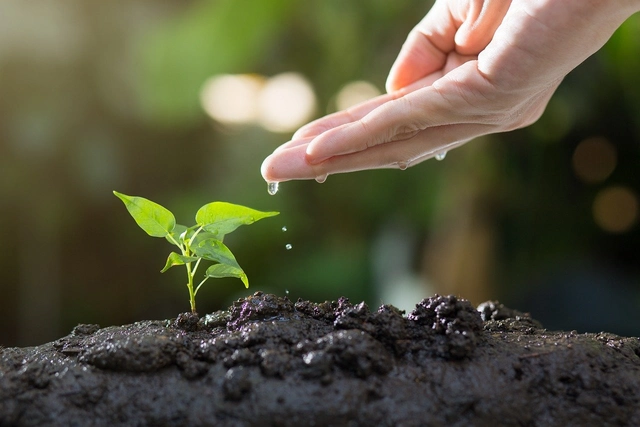Top 10 Tips for Gardening Beginners
Starting a garden can be a rewarding experience, but it can also be overwhelming for beginners. These top 10 tips will help you get started on the right foot, whether you’re growing vegetables, flowers, or herbs.

1. Start Small
Begin with a small garden area or a few potted plants. This allows you to learn the basics without feeling overwhelmed. As you gain confidence, you can gradually expand your garden.
2. Choose the Right Plants
Select plants that are suitable for your climate and soil type. Consider starting with easy-to-grow plants like tomatoes, basil, or marigolds, which are resilient and require minimal care.
3. Understand Your Soil
Test your soil to determine its pH level and nutrient content. Knowing your soil type helps you choose the right plants and fertilizers, ensuring a healthy garden.
4. Water Wisely
Water your plants early in the morning or late in the evening to reduce evaporation. Use a watering can or drip irrigation to deliver water directly to the roots, where it’s needed most.
5. Mulch Your Garden
Apply a layer of mulch around your plants to retain moisture, suppress weeds, and regulate soil temperature. Organic mulches like wood chips or straw also improve soil health as they decompose.
6. Use Compost
Compost is a great way to enrich your soil with nutrients. You can create your own compost from kitchen scraps and yard waste, or purchase it from a garden center. Compost improves soil structure and promotes healthy plant growth.
7. Prune Regularly
Pruning helps your plants stay healthy and productive. Remove dead or diseased branches and leaves to encourage new growth and prevent the spread of disease.
8. Learn About Pests
Identify common garden pests and learn how to manage them. Use natural methods like companion planting or beneficial insects to control pests without resorting to harmful chemicals.
9. Rotate Your Crops
If you're growing vegetables, practice crop rotation to prevent soil depletion and reduce the risk of pests and diseases. Rotating crops ensures that your soil stays fertile and healthy.
10. Be Patient
Gardening is a process that takes time and patience. Plants need time to grow, and it may take a few seasons to get your garden just right. Enjoy the journey and learn from your experiences.
keywords: Gardening tips; Beginner gardening; Plant care.